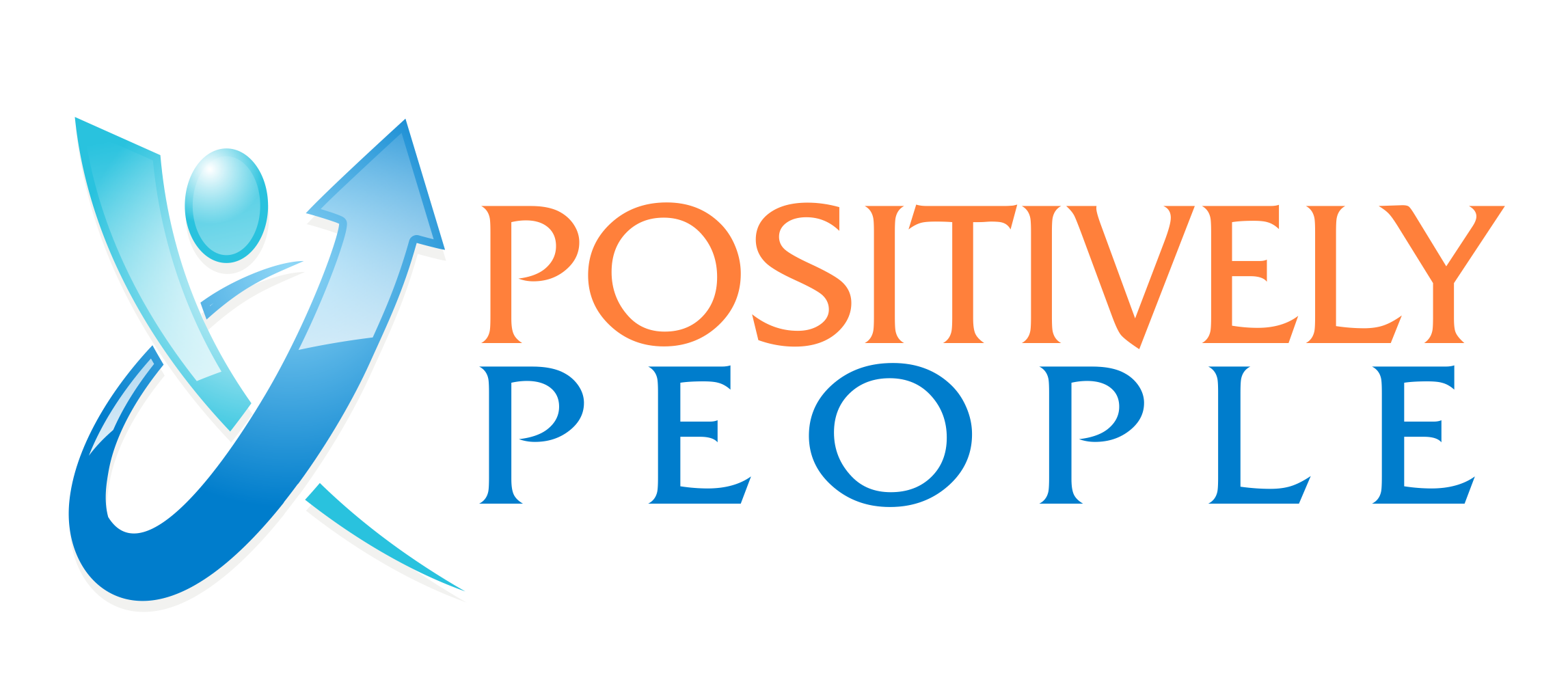Emotional intelligence involves perceiving, regulating, and expressing emotions effectively. Learning how to manage your emotions in various situations can greatly benefit your daily life. This, in turn, can enhance your work environment and support the long-term health of your family business.
Defining Emotional Intelligence Personally and Professionally
In personal relationships, improving communication skills and understanding how to better manage conflict will ultimately lead to building stronger connections. In professional relationships, strengthening attributes such as leadership and collaboration will increase customer relations, as you will be able to respond to customer needs more effectively.
The Role of EI Components in Family Dynamics
The five components of Emotional Intelligence (EI) are self-awareness, self-regulation, motivation, empathy, and social skills. Each of these plays a crucial role in fostering better relationships and understanding within a family-held business:
- Self-Awareness: This is the recognition of your own personal emotions. Understanding what you feel and why you feel it is the first step toward emotional intelligence.
- Self-Regulation: After awareness comes regulation—how you manage and control your emotions, especially in challenging situations. It’s about staying composed and making thoughtful decisions.
- Motivation: Motivation within the EI framework emphasizes the importance of maintaining a positive attitude during familial interactions, whether at work or in personal settings.
- Empathy: Empathy is the ability to understand and share the feelings of others. It’s essential for understanding others’ perspectives and building deeper connections.
- Social Skills: This is where all the components come together. Strong social skills, including effective communication, help strengthen family bonds and improve working relationships.
Check these off your list, and you will have a much easier time navigating all types of relationships!
Understanding Your Own Emotions and Triggers
It is essential we put extra emphasis on the EI components of self-awareness and self-regulation because, as we said, it’s almost impossible to connect with others if you aren’t even really connected with yourself. Communicating, resolving conflict, and regulating your emotions properly will allow you to reflect on your previous behaviors and highlight what triggered specific reactions from yourself and others. This process of understanding your own emotions and triggers is a journey of personal growth and self-awareness. Making sure you take enough time for yourself and are open to constantly adapting as a person will allow you to manage better and even prevent certain emotions and triggers.
Applying EI To Your Family Dynamics
Being able to productively apply EI to your family dynamic, especially a family business dynamic, will significantly aid professional effectiveness in addition to simply personal relationships. While keeping in mind all of the components we have touched on, a few ways you could do this would be to establish clear responsibilities in the office, encourage team-building activities to increase trust, and, of course, try your best to balance business and family interests.
It is crucial in a family business setting that familial issues are not reflected in business decisions. Always put aside quality time to spend with your family without any business discussion. This balance is key to maintaining a healthy family dynamic and a successful business.
Boost Your EI Today!
Ready to deepen your understanding of emotional intelligence in your family dynamics? Discover your EQ strengths with the Everything DiSC Agile EQ Assessment today and unlock new ways to connect and thrive together. If you’re looking for support, we offer tools and can help facilitate their implementation to foster growth within your team. Connect with our team today.



